Herbal tea is a decoction of medicinal plants. It is very good for health and has been consumed since ancient times.
Herbal tea is a mixture of boiling water with dried fruit, nuts, leaves, flowers, seeds, roots or herbs. Literally, herbal tea is a misnomer, as it is not tea - it is not made from the tea plant, but is an infusion of a mixture of herbs. The infusion is made by adding herbs in boiling water. The plants release many substances that have different functions. Some of them are healthy for people. When herbal tea is brewed, it is these substances that remain in the water.
Short story
Herbal tea was consumed by the ancient Indians, Chinese, Egyptians, Greeks, Romans and the population of the Middle East. Herbal medicines are used in India. Medieval Europe used traditional knowledge of the herbs of the Greeks and Romans. In recent years, herbal tea has regained great popularity due to its obvious health benefits.
Varieties and Benefits
Currently, herbs are used for primary health care. This use is more common in non-industrialized countries, where the cost of medicines is very high and most people cannot afford to buy them. In the short term and in emergencies, pharmaceuticals are more effective than herbal medicines. However, in the long run, herbal medicines fight disease and supply many valuable substances to the body that pharmaceuticals cannot provide.
There are many varieties of herbal tea, each with its own benefits. In general, it has a calming and relaxing effect, helps with digestion, improves the purification of the body, keeps the heart healthy and provides energy, thus ensuring health.
Ginger, chamomile and jasmine are among the most popular herbal teas. Jasmine has a very relaxing effect, aids digestion, lowers cholesterol and can improve a person's life.
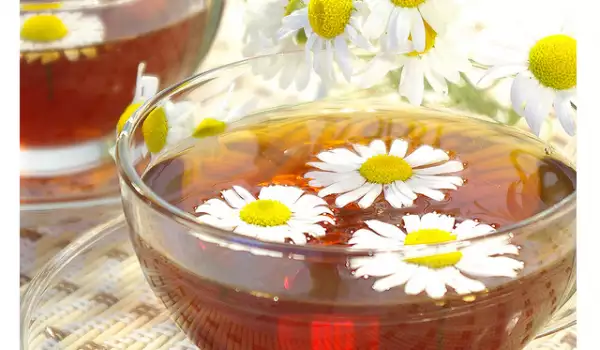
Chamomile is a natural sedative and helps with sleep and relieves anxiety. Ginger helps with digestion, refreshes the breath, helps relieve muscle pain, nausea, dizziness and nausea when traveling.
Apart from the most popular herbs, there are others that also have beneficial effects. Elm fights stomach cramps and other stomach and intestinal problems. Chrysanthemum acts against toxins and liver damage; it also lowers body temperature in fever. Cinnamon and mint have a calming effect. In addition, mint refreshes the breath, makes the skin healthy and gives energy. Parsley acts as a diuretic (stimulates urination) and promotes normal kidney function. Allspice is a good treatment for upset stomach and common colds.
Raspberry leaves are a healthy drink for pregnant women. Experts believe that they can reduce the duration of childbirth and prevent possible bleeding after it. Most herbal tea brands are safe to consume during pregnancy. However, it is always better to consult a doctor.
Precautions
The popularity of something does not mean that it has no adverse effects. When this popular thing is a product for sale, the production of counterfeit products as well as their exaggerated actions are a real possibility. Therefore, it would be pertinent to note that some varieties have allergic and harmful effects, although most are safe for consumption.
Lobelia and black oman are among the most well-known when it comes to toxicity. While the former has nicotine-like effects, prolonged use of the latter can cause liver damage. Therefore, consultation with a doctor before regular consumption of herbal tea is always recommended. In the United States and some other countries, herbal tea manufacturers cannot describe their effects if they have not been proven.
In addition, many types of herbal tea taste great. All these qualities make them a great drink and they can be a good substitute for caffeine.
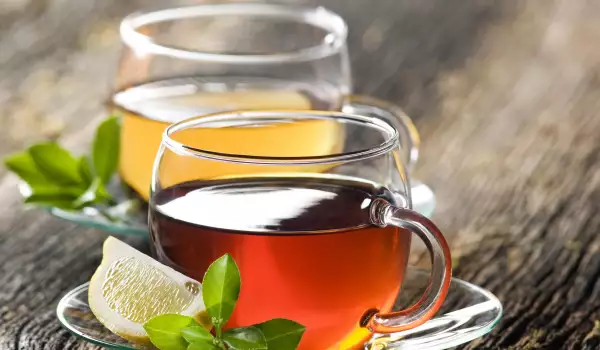
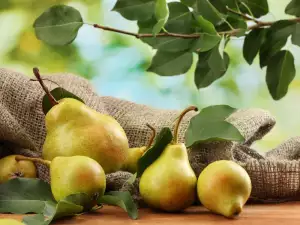


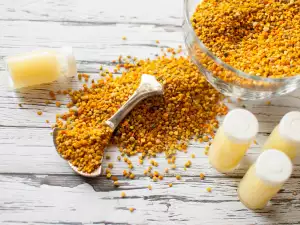



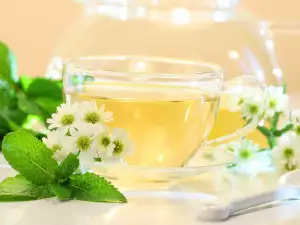
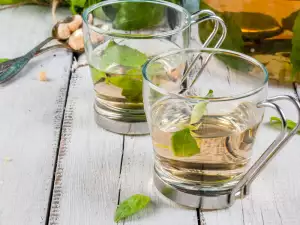
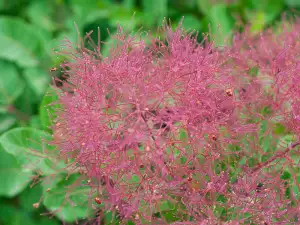

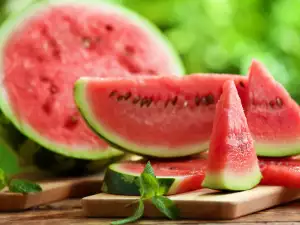
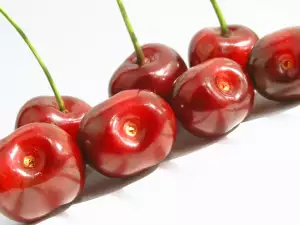
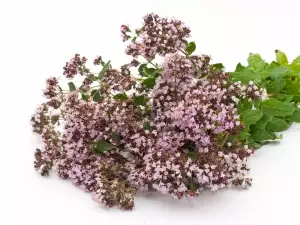
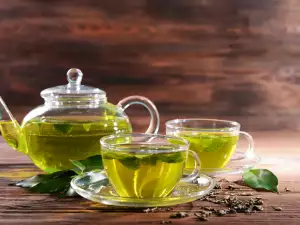




Comments